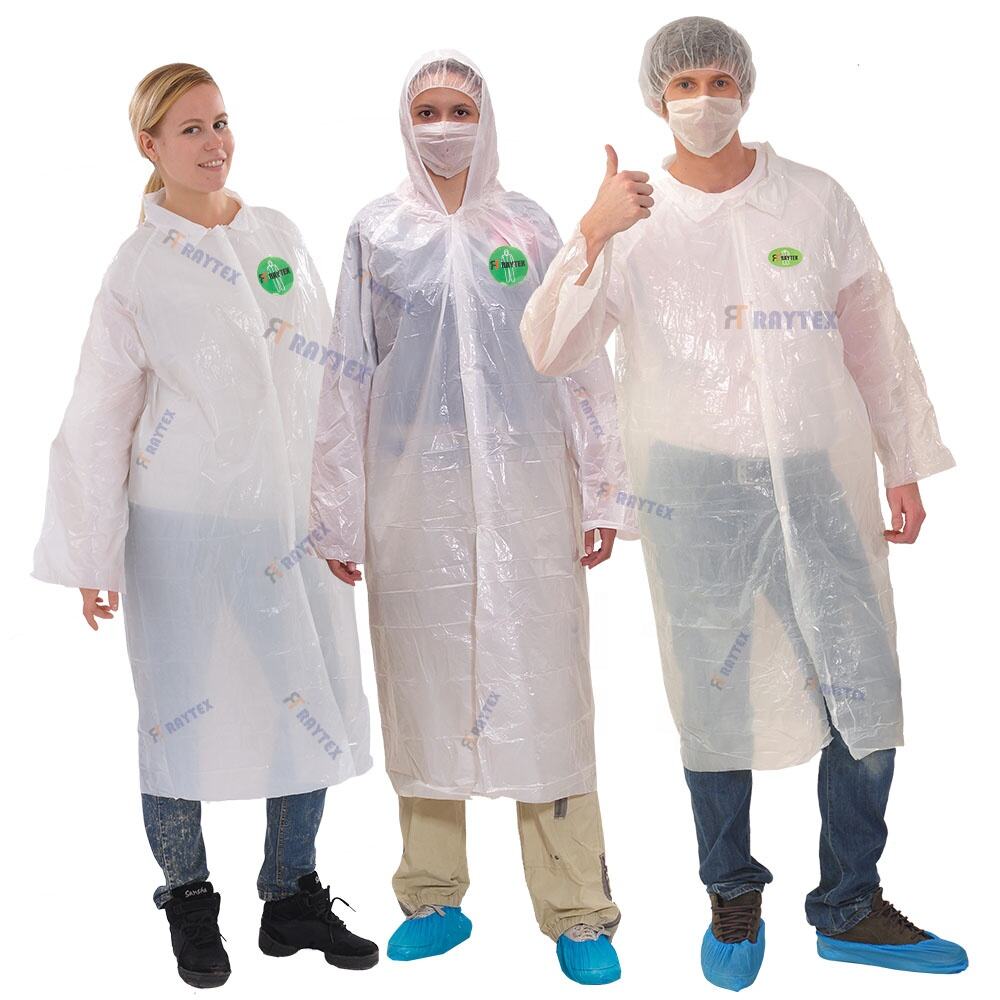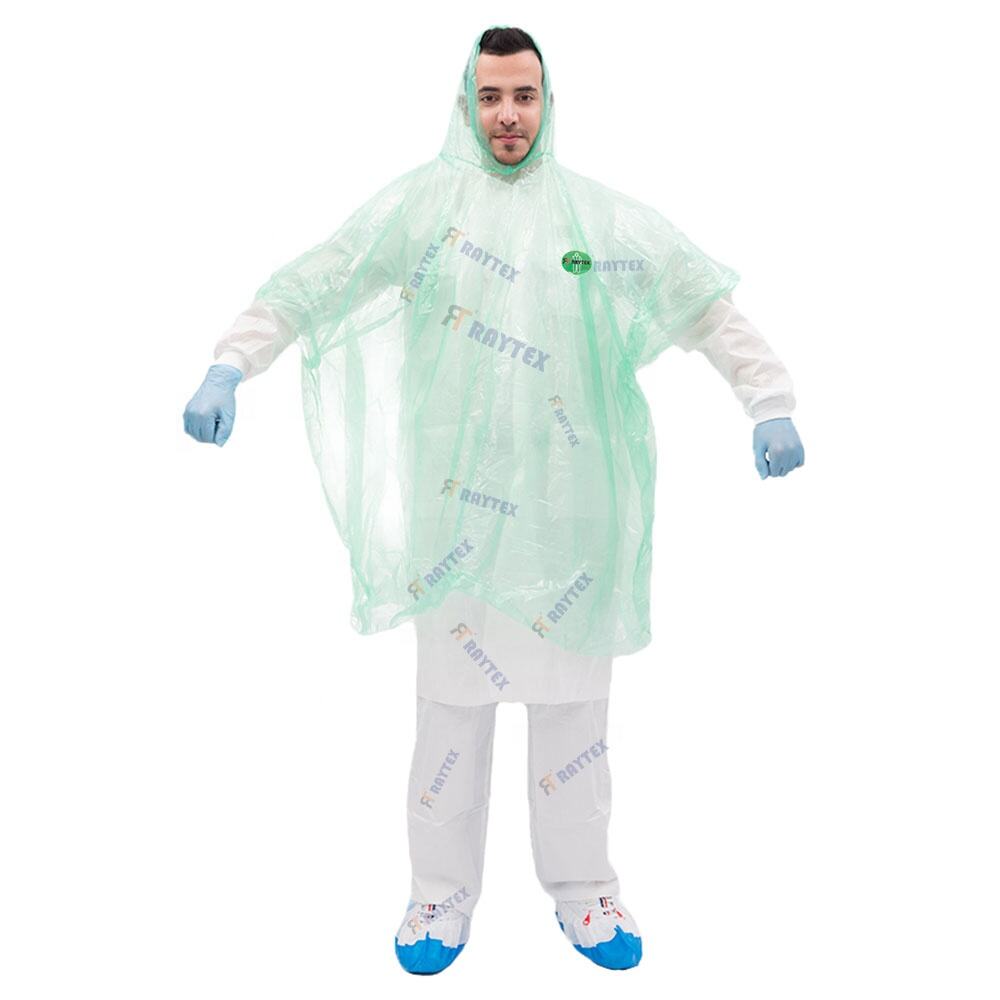PPE products for environmental protection operations are specialized gear designed to protect workers engaged in activities like waste management, pollution remediation, and ecological conservation from unique hazards such as toxic substances, biological waste, and physical debris. These products include respiratory protectors (N95 masks, powered air-purifying respirators), chemical-resistant gloves (nitrile, neoprene), impermeable coveralls, and safety boots with steel toes, each tailored to address specific risks in the field. Respiratory protection is critical in environments with airborne pollutants—such as asbestos, mold spores, or industrial emissions—with N95 or P100 filters ensuring particle filtration efficiency. Chemical-resistant gloves and coveralls, often made from PVC or butyl rubber, shield against corrosive liquids in tasks like oil spill cleanup or hazardous waste handling. High-visibility vests, compliant with EN 13758, enhance worker visibility in low-light conditions, such as landfill operations or roadside cleanup. Durability and adaptability are key design considerations: many products feature reinforced seams, adjustable closures, and waterproofing to withstand harsh weather and rugged terrain. For biological hazards, such as handling medical waste or wildlife samples, disposable biohazard suits with sealed seams prevent pathogen exposure, adhering to standards like ASTM F1671 for liquid barrier performance. Compliance with global regulations including OSHA standards in the U.S. and CE marking in the EU—ensures these PPE products meet rigorous safety benchmarks. By integrating such gear, environmental protection teams can execute critical tasks with reduced risk, safeguarding both worker health and the success of ecological preservation efforts, from urban waste management to remote conservation projects.


